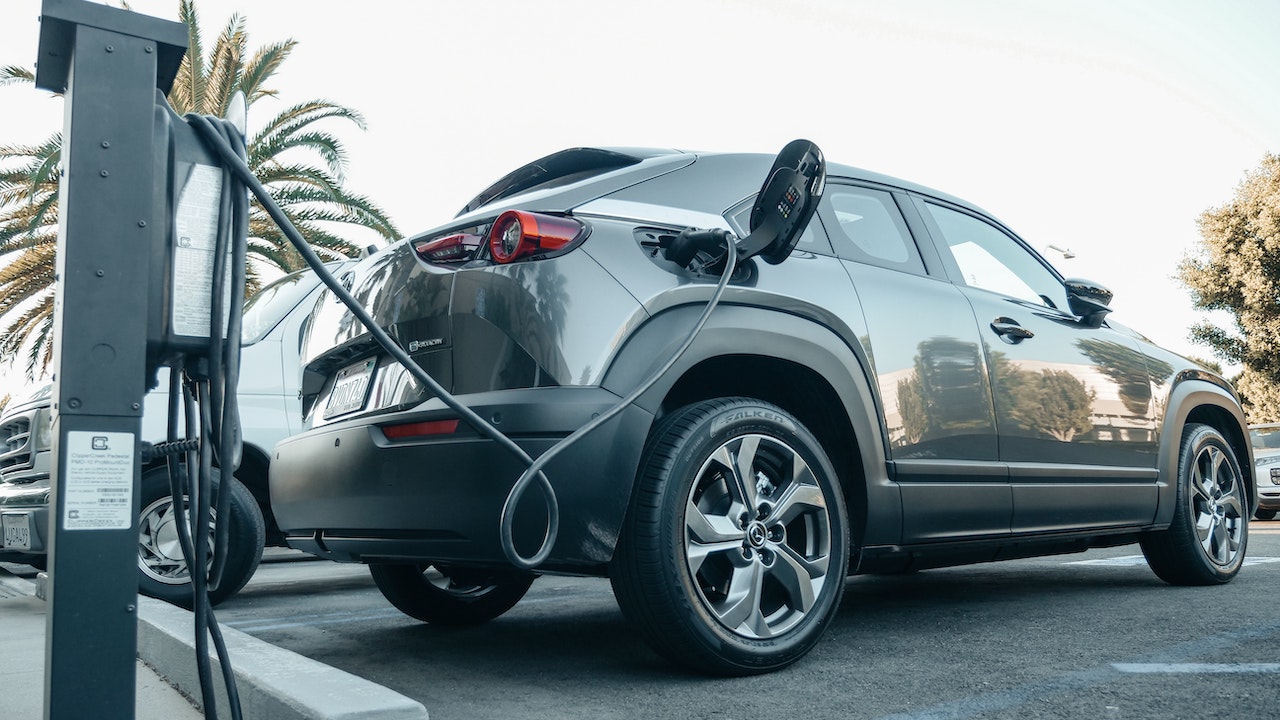Should Your Next Vehicle Be Electric?
With Tesla’s (TSLA) stock price going well over $1,000/share, making its value over $1 trillion, along with the anticipated Initial Public Offering (IPO) of Rivian (RIVN) this week, one must certainly question whether their next vehicle should be electric.
I for one am very interested in all of the capabilities of these new vehicles – not to mention the aesthetics have come a long way from the Prius (the first mass-produced hybrid electric vehicle) – but there are still pros and cons to owning one.
Pros of Owning an Electric Vehicle
One of the biggest advantages of having an Electric Vehicle (EV) is that you don’t have to pay for gas. Annually, this allows for big savings considering most people spend a few thousand dollars each year. Along with the savings you save at the pump, you also will save on service. Electric vehicles do not require oil changes as well as other expensive engine work. The federal government mandates manufacturers offer a minimum 8-year/100,000-mile warranty on the batteries which is pretty good when you compare it to a powertrain warranty.
One of the main benefits that most people love when buying EVs is the federal tax credits. The federal tax credit is UP TO $7,500 currently (Biden might increase this to a potential $12,500) but it is only worth that much if your tax bill at the end of the year is $7,500 or more. If your tax bill was only $3,500 at the end of the year, the government is not going to give you a refund check for the difference of $4,000. Most fully electric vehicles are offering the maximum tax credit of $7,500 while plug-in hybrids will offer a tax credit anywhere from $4,000-$7,500.
Cons of Owning an Electric Vehicle
The biggest hurdle that electric vehicles currently have is the range that one can go on a charge. This will improve as the industry grows but currently most EVs have a range from 100 miles up to almost 400 miles. This range is more than enough to get around town or to and from work on a daily basis but it doesn’t allow for long-distance travel, at least easily. You can travel but you will have to plan out where you will be stopping based off where you can charge your vehicle. In turn, this can be a hindrance for some. Unless you live near a major city, then you most likely will have to install an EV charging station at home. It is more convenient but definitely cuts into the savings of owning one.
With charging your EV at home comes increased electricity costs as it is not free. It really depends on how often you have to charge the vehicle but it shouldn’t increase your electricity charges substantially (around $5 -$10 to fully charge your vehicle). Another cost that you wouldn’t have in a gas engine vehicle that you would in an EV is the battery. EVs eliminate routine maintenance costs but that battery will eventually give out. On average the battery life is around 10 years but when you do have to replace it, it will cost thousands of dollars.
Is An Electric Vehicle Right for You?
There are additional pros and cons to owning and maintaining an electric vehicle but it depends on everyone’s individual circumstances as to whether one is right for you. I believe eventually there might come a day where the majority of vehicles on the road are not gasoline-powered engines. President Joe Biden even announced a target of having half of the vehicles sold in the US to be battery-electric, fuel-cell electric, or plug-in hybrid by 2030. I for one have an older vehicle (2009) with a lot of miles on it and all the newly available options have me thinking, “Should I really consider whether my next vehicle is electric?”
Like this article? Want to learn more about how to manage your personal finances?
Check out our Personal Finance Archives where we’ve compiled useful tips and tricks to help you plan your financial future.
